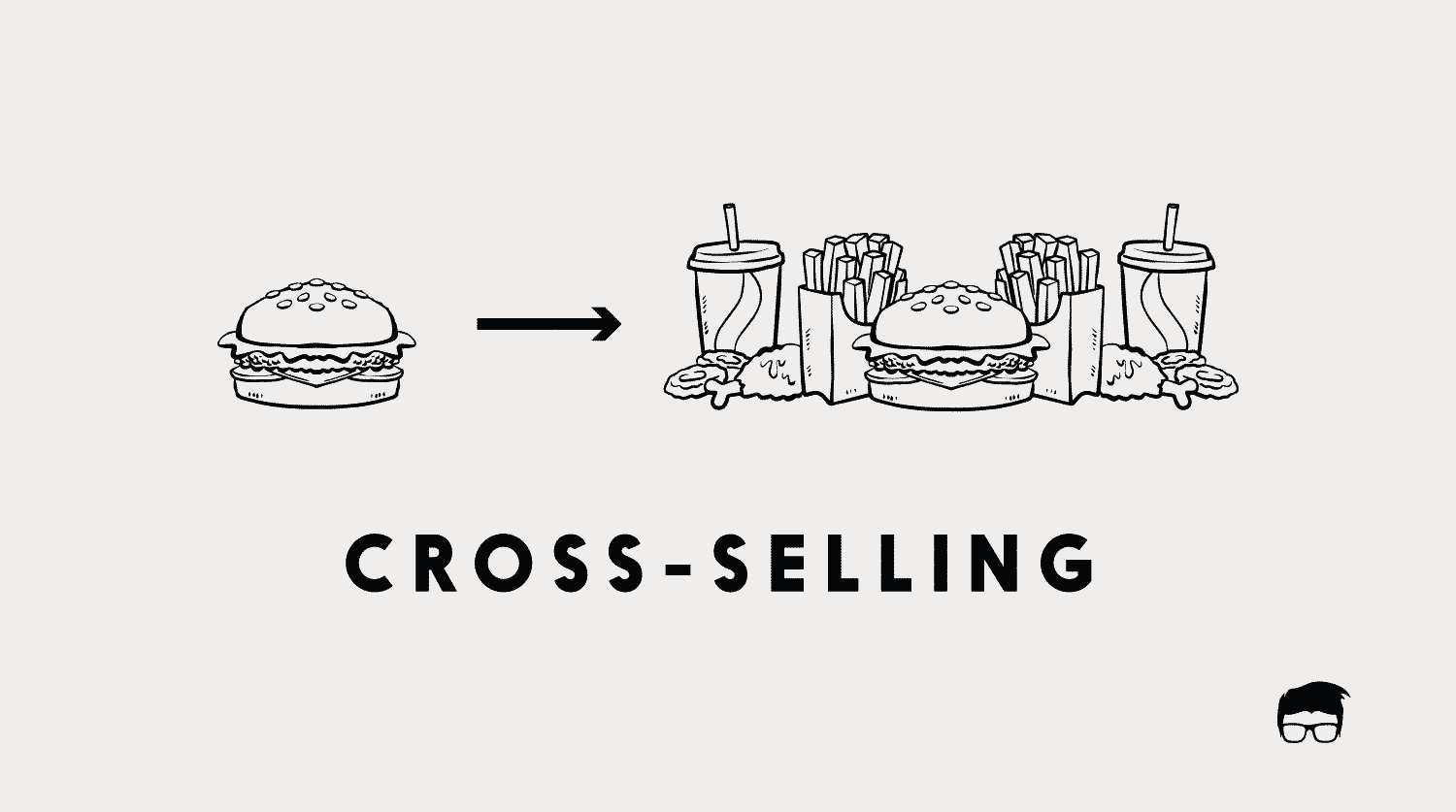Acquiring new customers is an expensive task when compared to retaining existing ones. With limited resources, the company devises different strategies as and when required. A business may use transactional marketing strategies to acquire a new customer. But to retain customers and ensure recurring sales, businesses have to engage in relationship marketing. The long-term goal, after all, is to achieve recurring interactions with every new customer.
What Is Relationship Marketing?
Relationship marketing is a marketing strategy that focuses on achieving long-term customer loyalty by building emotional relationships with existing customers.
It aims to ensure repetitive sales by winning the purchaser’s confidence in the product. Strong customer bonds, especially at an emotional level, ensure stable business activity and further promotion to attract potential customers.
Unlike transactional marketing, which is a traditional approach, relationship marketing targets long-term benefits through customer retention. If a business manages to prioritise consumer satisfaction over establishing a sale, consumer retention automatically kicks in.
With the advent of the internet and social media marketing, interacting with the audience has become even easier. Companies can align their products and services with the latest trends and sustain in this dynamic environment.
Examples Of Relationship Marketing
Some brands have effectively employed a relationship marketing model in their work and have achieved great heights. Some examples are as followed:
Amazon
The number one eCommerce marketplace globally, Amazon manages to deliver product recommendations based on the user’s purchase and browser history. The company has managed to establish itself as a customer-friendly brand and thus capture a big market share.
- Data-driven: The algorithm is designed to show the customer the products that seem relevant to their interests. Easy browsing, personalised feedback, and customer interactions add to effective interaction and engagement.
- Convenience: The website ensures a hassle-free shopping experience by providing easy returns and one-click purchases.
- Feedback: it is easier for people to share their shopping experience with their family and friends and also leave honest reviews about the product.
Coca-Cola
The company manages to endorse its products through heartfelt messages for customers.
Coca-Cola’s marketing campaigns focus on establishing the brand to be a perfect partner for happy moments. Its advertising campaigns come with touching messages about family and friends. Even the Coca-Cola bottle tempts the customers to share that bottle with someone special.
The brand successfully maintains a relationship with its customers by evoking an emotion of happiness – even inspired — when the customer buys or consumes the soda.
Importance Of Relationship Marketing
- Sustainability – Relationship marketing helps in obtaining long-term benefits for the business. It helps in maintaining the position of the organisation in the market.
- Customer loyalty – Building relationships with customers helps in building a personal connection with them. This, in turn, triggers the psychology of ownership, resulting in their desire to come back to the same brand for future purchases.
- Steady sales- Long-term relationship objective ensures continuous sales from existing customers.
Relationship Marketing Strategies
In the present scenario, several business organisations sell the same product but with variations. It is important to deliver something which attracts the consumer and makes them return for future purchases.
Following are some tools and strategies that business organisations use to add value to their products.
- KYC- Know Your Customer is a process of verifying the customer’s identity. It is in accordance with opening an account of the clients with the organisation. Businesses use information like birth dates and anniversary dates to wish the customers and nurture their relationships.
- Customer Relationship Management: CRM software and solutions help businesses record and store details about the customers, their purchases, personal information, and other details. It enables businesses to keep in touch with clients with better information, resulting in better relations.
- Customer Service: Any business organisation must prioritise consumer service and support followed by the product’s sale. These after sales-techniques help in winning consumer’s trust, developing a relationship that makes them return.
- Email and SMS marketing: It involves sending the customers regular messages regarding upcoming and ongoing offers and deals. They are a means of effective communication to stay connected with the audience.
- Customer feedback: Taking feedback and reviews from the consumers themselves forms a positive image in people’s minds. They believe that their feedback matters to the organisation.
- Online and social media marketing: with the introduction of websites like Facebook, Instagram, etc., digital marketing is gaining popularity. Businesses uses the same for better customer interaction.
- Loyalty programs: Loyalty programs rewards the customers for their long association with the business. This reward works wonders in developing a long-term relationship with the customer and can even result in organic referral marketing.
Benefits Of Relationship Marketing
- Reduction in advertisement expenses- Marketing and advertising is a heavy expense. Relationship marketing usually results in referrals, word of mouth, and viral marketing, which, in turn, reduces the business’s expenses to acquire new customers.
- High Customer Lifetime Value: A loyal customer often conducts recurrent purchases without much effort from the business. It increases the CLV and helps the business get a better ROI.
- Inelastic Demand: A loyal customer’s demand is usually unaffected by small changes in the offering’s price. All they care about is a good experience and a better brand relationship.
- Valuable feedback: A healthy customer relationship also results in better and more detailed customer feedback that helps the business grow.
- Competitive edge: The perfect tactic to survive the dynamic environment is developing relationships with the customer and making them loyal to the brand.
Drawbacks Of Relationship Marketing
- Not Much Attention To New Customers: the main focus of relationship marketing is to retain old customers. Thus, the potential customers who demand more attention tend to get overlooked as it is natural to value the old customers a little more than normal.
- Time-Intensive: building personal relationships and establishing connections is a slow process and does not show immediate effects. This whole process takes up a lot of time and is indeed expensive.
- The Expectation For Special Treatment: Whenever customers return for another purchase, they may expect special treatment or a discount. This expectation arises as they return to the same brand instead of looking for another in the market.
Relationship Marketing vs Transactional Marketing
Transactional marketing, as in contrast with relationship marketing focuses only on establishing a transaction. It targets individual sales and maximisation of revenue. The producers are not concerned much about customer satisfaction and relationship building.
Basis | Relationship Marketing | Transactional Marketing |
|---|---|---|
Objective | Building consumer relations and repetitive sales. | To achieve a transaction using single sale transaction. |
Focus | Retaining existing customers | Acquiring new customers |
Customer interaction | Very high | Not much required |
Benefits | Long term as based on repetitive sales | Short term as based on individual sales |
Duration | Long period | Short period |
Goal | Consumer satisfaction | More sales |
Bottom-Line?
Every marketing strategy devises a different approach to establish sales. But, the key to growth ultimately lies in building a community of long-term customers. The emotional connection in the consumer-buyer relationship is the factor that drives repetitive sales. Personal interactions with customers were not an easy task to accomplish in earlier days. With the introduction of technology and social media, it is easier to practice this marketing technique and ultimately help achieve the long-term growth of the business.
Go On, Tell Us What You Think!
Did we miss something? Come on! Tell us what you think about our article on relationship marketing in the comments section.
A startup enthusiast, optimist and full time learner. With keen interest in finance and management, Khushi believes communication to be the key to every management. Always ready to explore more and walking that extra mile in putting efforts.
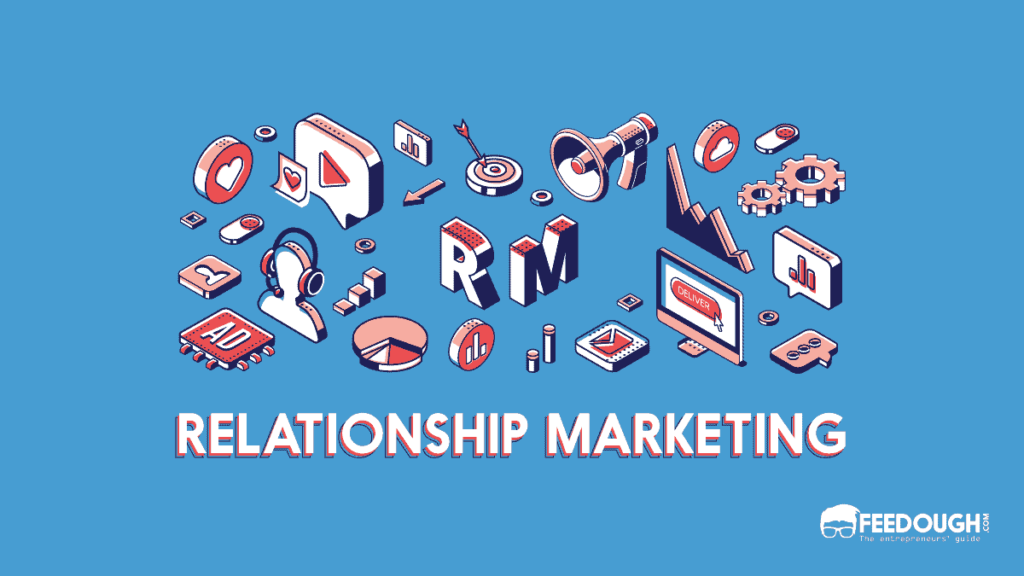
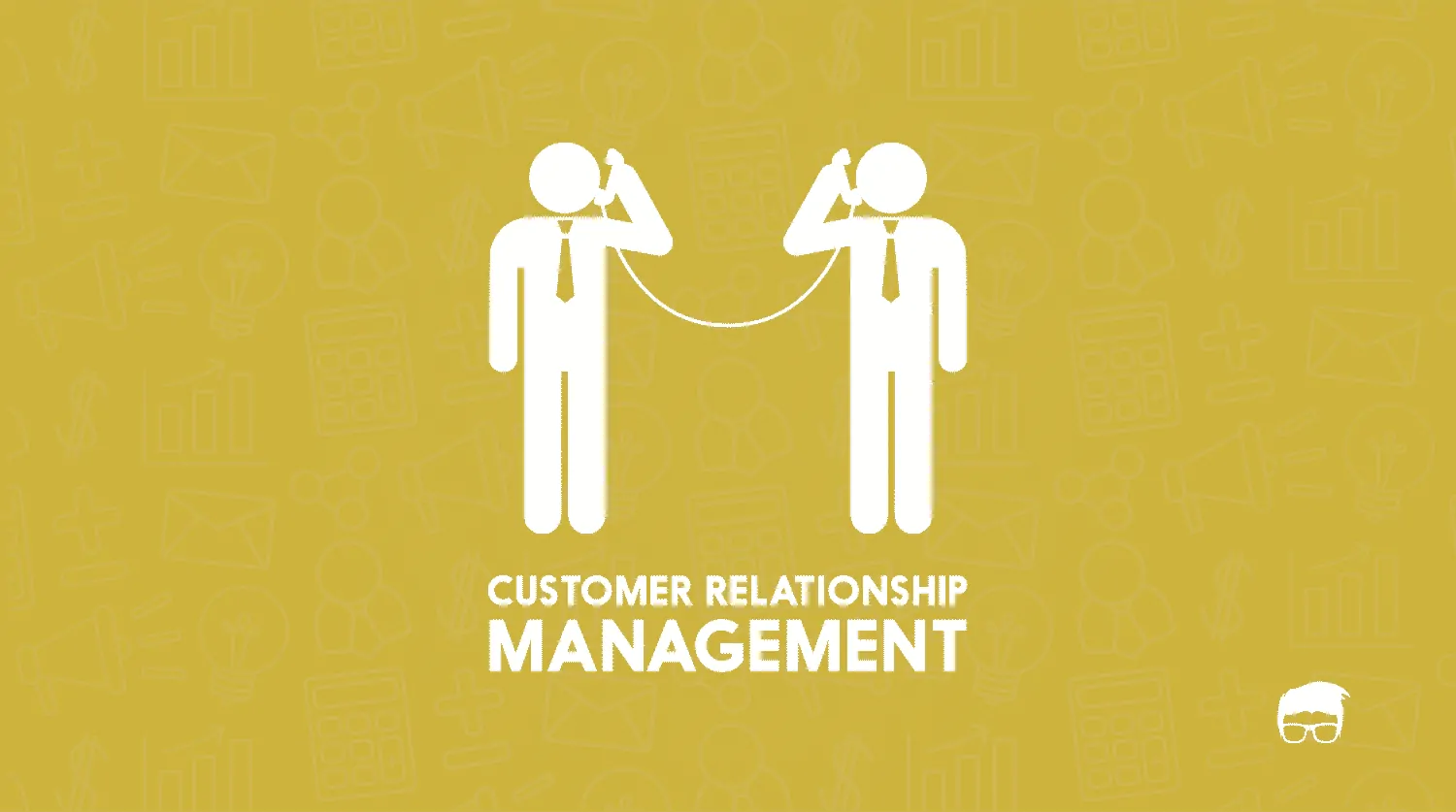
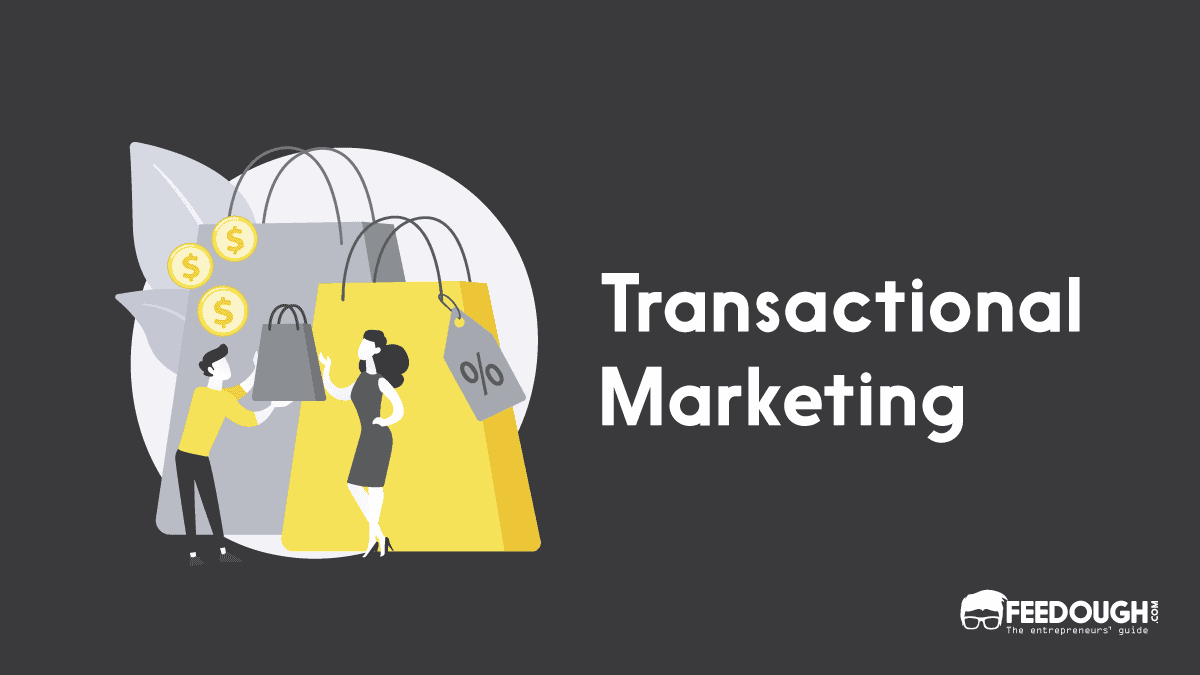
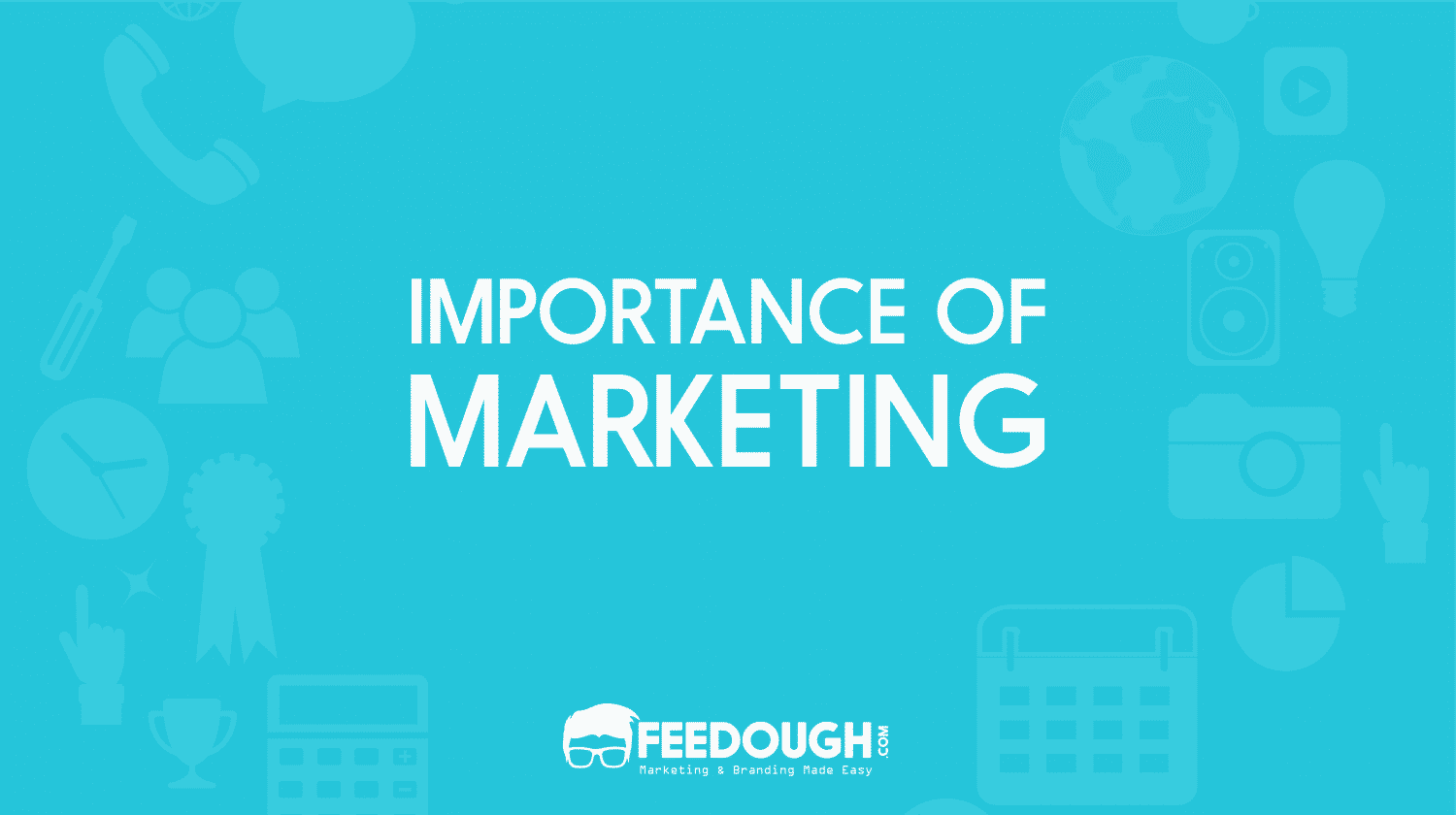

![What Is Upselling? How To Upsell? [Detailed Guide] UPSELLING](https://www.feedough.com/wp-content/uploads/2018/05/UPSELLING-20.webp)
